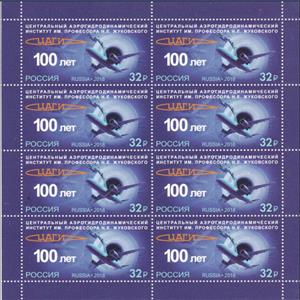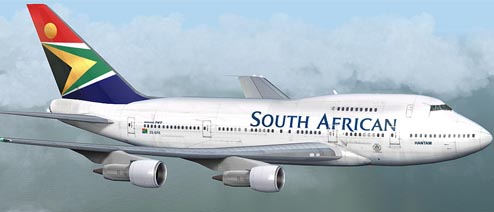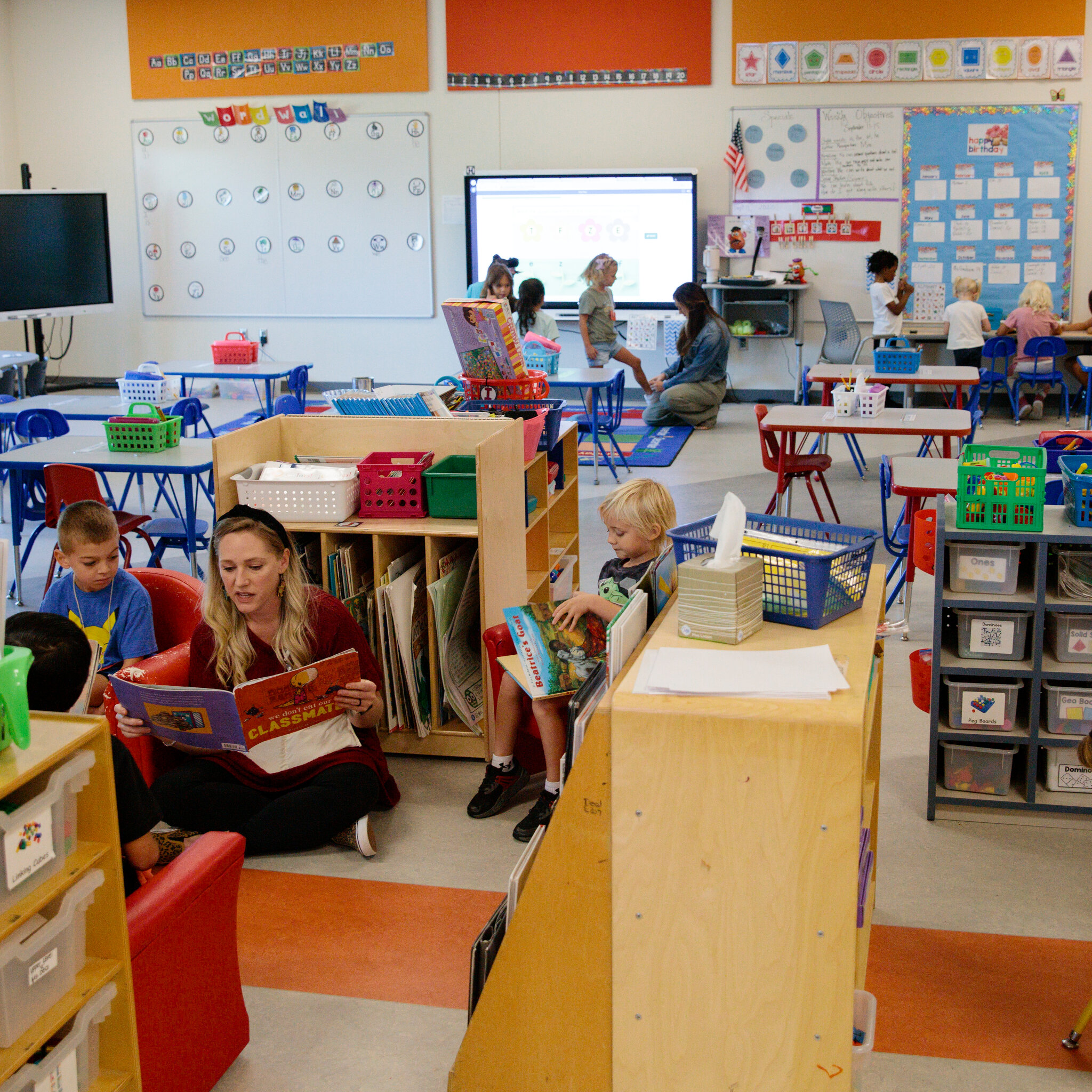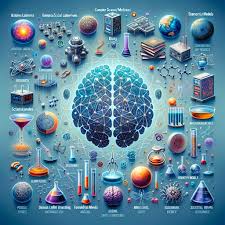Mini Sheet: Zhukovsky Central Aerohydrodynamic Institute Centenary (Russia 2018)
Zhukovsky Central Aerohydrodynamic Institute Centenary (Russia 2018)
30 November (Russia ) within release Anniversaries goes into circulation Mini Sheet Zhukovsky Central Aerohydrodynamic Institute Centenary face value 8*32 Russian ruble
| Mini Sheet Zhukovsky Central Aerohydrodynamic Institute Centenary in catalogues | |
|---|---|
| Michel: | Mi: RU 2629KB |
Mini Sheet is square format.
Mini Sheet Zhukovsky Central Aerohydrodynamic Institute Centenary it reflects the thematic directions:
An aircraft (pl. aircraft) is a vehicle that is able to fly by gaining support from the air. It counters the force of gravity by using either static lift or the dynamic lift of an airfoil, or, in a few cases, direct downward thrust from its engines. Common examples of aircraft include airplanes, rotorcraft (including helicopters), airships (including blimps), gliders, paramotors, and hot air balloons.Part 1 (Definitions and Abbreviations) of Subchapter A of Chapter I of Title 14 of the U. S. Code of Federal Regulations states that aircraft "means a device that is used or intended to be used for flight in the air."
An airline is a company that provides a regular service of air transportion for passengers or freight (cargo). Airlines use aircraft to supply these services. Many passenger airlines also carry cargo in the belly of their aircraft, while dedicated cargo airlines focus solely on freight transport. Generally, airline companies are recognized with an air operating certificate or license issued by a governmental aviation body. Airlines may be scheduled or charter operators.
An anniversary is the date on which an event took place or an institution was founded in a previous year, and may also refer to the commemoration or celebration of that event. For example, the first event is the initial occurrence or, if planned, the inaugural of the event. One year later would be the first anniversary of that event. The word was first used for Catholic feasts to commemorate saints. Most countries celebrate national anniversaries, typically called national days. These could be the date of independence of the nation or the adoption of a new constitution or form of government. The important dates in a sitting monarch's reign may also be commemorated, an event often referred to as a "Jubilee".
A school is both the educational institution and building designed to provide learning spaces and learning environments for the teaching of students under the direction of teachers. Most countries have systems of formal education, which is sometimes compulsory.In these systems, students progress through a series of schools that can be built and operated by both government and private organization. The names for these schools vary by country (discussed in the Regional terms section below) but generally include primary school for young children and secondary school for teenagers who have completed primary education. An institution where higher education is taught is commonly called a university college or university.
Science is a systematic discipline that builds and organises knowledge in the form of testable hypotheses and predictions about the universe.Modern science is typically divided into two or three major branches: the natural sciences (e.g., physics, chemistry, and biology), which study the physical world; and the behavioural sciences (e.g., economics, psychology, and sociology), which study individuals and societies.The formal sciences (e.g., logic, mathematics, and theoretical computer science), which study formal systems governed by axioms and rules, are sometimes described as being sciences as well; however, they are often regarded as a separate field because they rely on deductive reasoning instead of the scientific method or empirical evidence as their main methodology. Applied sciences are disciplines that use scientific knowledge for practical purposes, such as engineering and medicine





